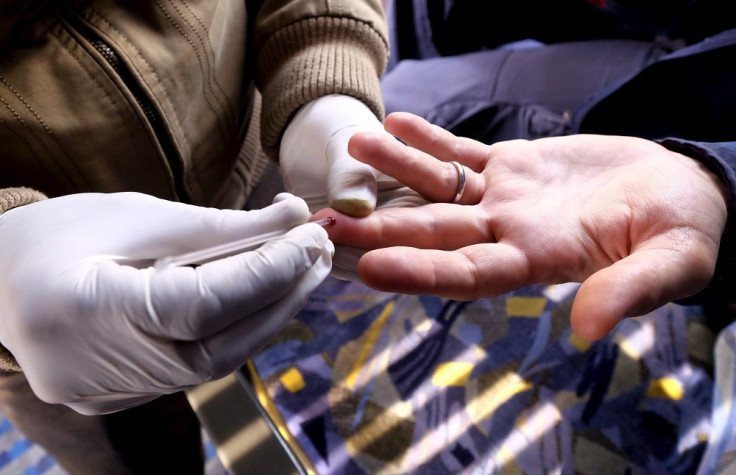HIV breakthrough: Johns Hopkins surgeons stun the world with first ever HIV to HIV organ transplant

Johns Hopkins Medicine surgeons have stunned the world with first ever kidney and liver transplants from an HIV-positive donor to an HIV-positive recipient. One of the transplant surgeons involved in the operation fought for six years to get the life-saving surgery federally approved.
HIV to HIV transplants were previously prohibited, and Dr. Dorry L. Segev waited in frustration for his life-saving surgery to get approved. HIV patients died one after the other even though organs were available. HIV-infected organs were being discarded. Most patients could wait for six years on the transplant waiting list.
However, medicine and times changed. Finally, he was able to get past the legal issue, and he and his colleagues proved that 500 to 600 HIV-infected donors could be annually available to donate kidneys, livers and other organs if the ban was lifted. He also showed that this could save 1,000 lives every year.
Hopkins became the first US hospital to be approved for such transplants in February. This month, the doctors performed the surgeries where the donor provided a liver to a recipient and a kidney to another.
Some of the doctors were concerned about the fact that the organs were not healthy enough to be inserted into another human. They were worried that such a surgery to greatly introduce more aggressive HIV strains in the blood stream of the patients, writes The Washington Post. However, the surgery was a success.
“We were watching patients die, and we were watching organs being wasted,” Segev said.
In 2013, Segev spoke with ABC News during the time the legislation was passed. He spoke on the possibility of how such organ transplants can save numerous lives.
“This is also great news for anyone on a transplant list, because the more organs we have for transplantation, the more lives will be saved. We estimated that there are hundreds of organs that could be used for HIV-positive patients who need them; the more we learn about this practice, the more those transplants will be possible,” Segev had said.





















